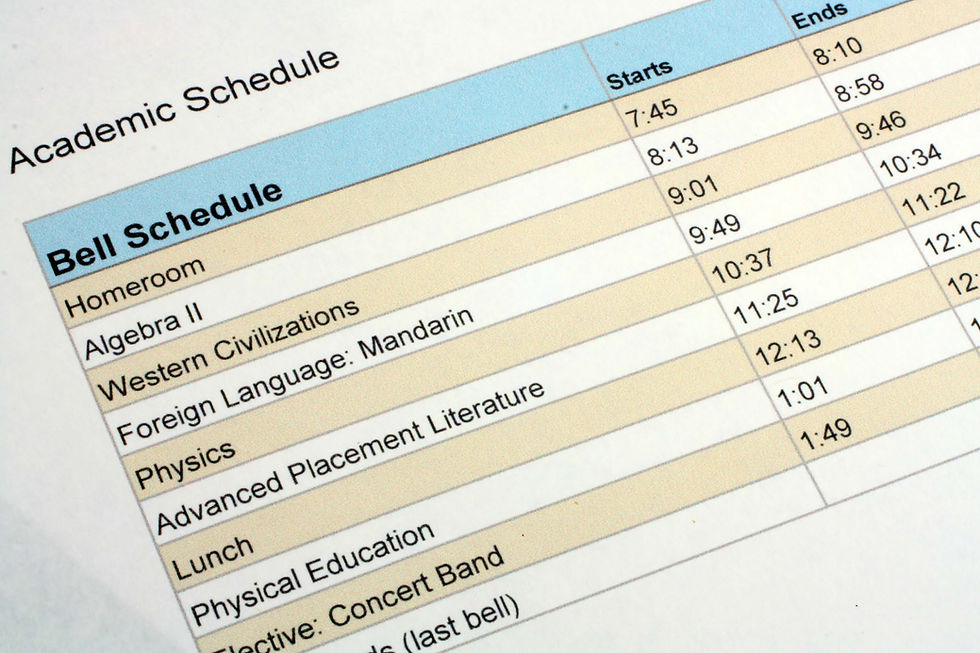Find the school that is ranked #1 for YOU
- Alison Merzel

- Jun 17, 2020
- 2 min read

Rankings are essentially a marketing tool for colleges and universities - you can find a ranking for just about anything:
"Most Wired Campus"
"Best Campus Food"
"Top Ten School for Music Lovers"
"Most Sustainable Campus"
"Most Satisfied Students"
"Lowest student-to-teacher ratio"
Students with specific interests are naturally going to be drawn to schools that rank highly in those areas - it feels like a validation that the school will be a good fit if it has earned recognition in an area that is important to you.
"98% of our graduates are employed or in graduate school within 6 months of graduation."
"We meet 100% of demonstrated financial need without the need for loans."
These are data points that most college-bound students and families would be interested to know.
The difference in faculty salaries from one institution to the next? The percentage of students accepted out of the number of applicants (admit rate/selectivity)? The rating assigned by one college administrator to another college that they may or may not be familiar with?
How do these things tell you that a college would be right for YOU? They really don't, yet they are part of the data captured in the most recognizable ranking that can be both a blessing and a curse for college and university administrators nationwide - the U.S. News & World Report annual ranking of Best Colleges.
Year after year, higher education professionals, researchers and consumers eagerly await the publication to see which prestigious school gets to lay claim to the coveted #1 spot - will it be Princeton or Harvard or will one of the other Ivies make a surprising leap to the top?
The issue is that rankings are not truly indicative of the quality of a college's education or predictive of an individual student's satisfaction or potential for success.
A study of the U.S. News & World Report rankings was conducted in 2018 by Challenge Success, a non-profit organization affiliated with the Stanford University Graduate School of Education. It is called "A "Fit" Over Rankings - Why College Engagement Matters More than Selectivity" and revealed that "college selectivity is not a reliable predictor of student learning, job satisfaction, or well-being" and that "engagement in college is more important than where you attend." Furthermore and not surprisingly, they found that "there is no evidence that students' learning will suffer for attending a less selective college" and that high school students would be best served by broadening their search beyond the rankings.
While it is fun to see the neighborhood yard signs congratulating the high school graduates and revealing their college destination, try to reserve judgment if the school is not one at the top of the rankings. There are about 4,500 colleges and universities in the U.S. (over 2,000 of them are four-year institutions). There are many, many excellent options for students and a majority of them accept a majority of students. What is most important is not that the school has a high ranking in the eyes of the media, but that the school ranks highly on the elements that matter to the student.

